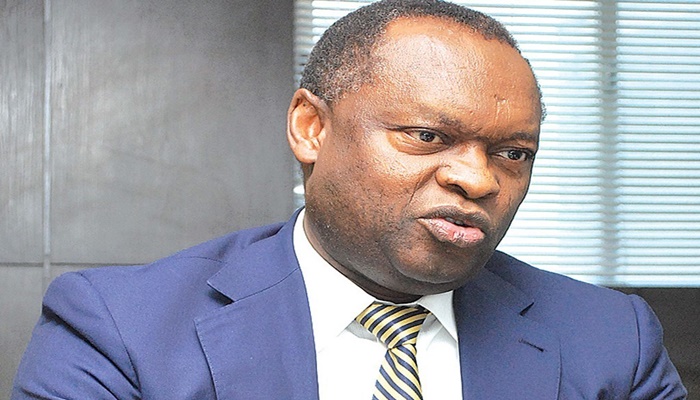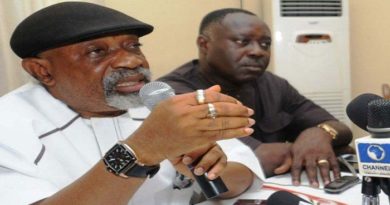NESG set for launch of “Better Tax” initiative
The Nigeria Economic Summit Group (NESG), is set to unveil the findings of its nationwide survey on tax perception and drive government-citizen engagement for sustainable fiscal reforms through the launch of its Better Tax initiative.
Better Tax, scheduled for launch in Lagos on May 15, is a product of the NESG’s Fiscal Policy Roundtable’s commitment to building a globally competitive Nigerian economy through fiscal consolidation that impacts the citizenry and drives holistic national development.
It seeks to create a platform for discourse between government and the citizenry that will reshape tax perception as well s transforming tax from being perceived as a burden to a tool for socio-economic development.
Experts have long advocated a refocus on the non-oil sector of the Nigerian economy following the 2014 crash in global oil prices.
Reinforcing this argument, Federal Inland Revenue Service (FIRS) Chairman Babatunde Fowler disclosed that the non-oil sector outpaced the oil sector with a 54% contribution to the N5.32 Trillion revenue generated in 2018.
Aligned with this development, government has set a policy priority to significantly boost the share of non-oil revenue by 2020.
However, Nigeria’s low tax compliance levels thwart the realisation of this revenue mobilisation objective.
In 2018, FIRS disclosed that about 6,772 billionaire businesses in Nigeria do not pay tax, adding that this category of organisations have between N1billion and N5 billion turnover in their accounts, but had no Tax Identification Number (TIN).
A total of 57 million Nigerians are economically active, but the vast majority are not registered to pay Personal Income Tax.
“Better Tax sets a radically different tax reform agenda for Nigeria that is impactful and proffers evidence-based solutions to address the twin-problem of low tax morale and compliance that Nigeria continues to grapple with. The research component of “Better Tax” is holistic and cuts across the six geopolitical zones.




